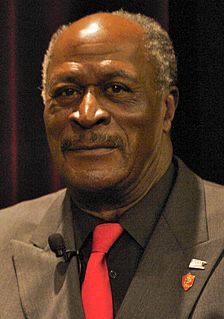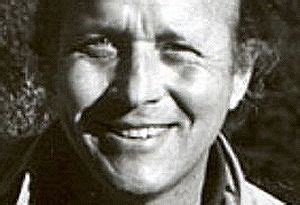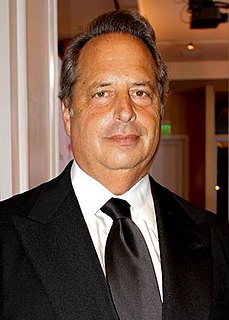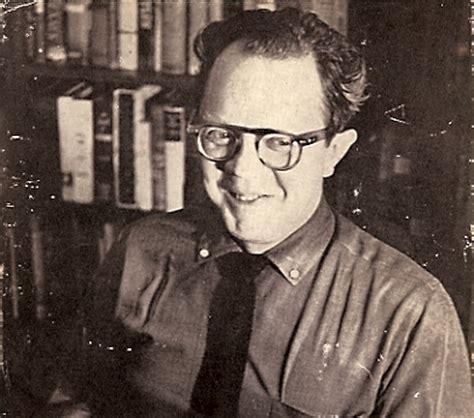A Quote by Lucy Maud Montgomery
…I'm sorry, and a little dissatisfied as well. Miss Stacy told me long ago that by the time I was twenty my character would be formed, for good or evil. I don't feel that it's what it should be. It's full of flaws.' 'So's everybody's,' said Aunt Jamesina cheerfully. 'Mine's cracked in a hundred places. Your Miss Stacy likely meant that when you are twenty your character would have got its permanent bent in one direction or 'tother, and would go on developing in that line.
Related Quotes
When they told me I had to have a heart operation, my main memory is standing in my kitchen and thinking what I would really miss was my little tea towel. Not for one minute did I think, 'Oh, I'm going to really miss performing.' The things you're going to miss are your wife, your egg cup, your seat that you sit in to watch TV.
My parents died a long time ago. And you know the sad thing? I still miss them every day. I spent my entire youth fighting with my dad over every little thing and damned if I wouldn’t sell my soul to see him one more time and tell him I was sorry for the last words I said to him. Words I can never take back that should have never been said. So call your mom. No matter what kind of relationship you have with your parents, I swear to you, you’ll miss them when they’re gone. (Kyrian)
Even now, as I write this, I can still feel that tightness. And I want you to feel it--the wind coming off the river, the waves, the silence, the wooded frontier. You're at the bow of a boat on the Rainy River. You're twenty-one years old, you're scared, and there's a hard squeezing pressure in your chest. What would you do? Would you jump? Would you feel pity for yourself? Would you think about your family and your childhood and your dreams and all you're leaving behind? Would it hurt? Would it feel like dying? Would you cry, as I did?
She didn’t understand why it was happening,” he said. “I had to tell her she would die. Her social worker said I had to tell her. I had to tell her she would die, so I told her she was going to heaven. She asked if I would be there, and I said that I would not, not yet. But eventually, she said, and I promised that yes, of course, very soon. And I told her that in the meantime we had great family up there that would take care of her. And she asked me when I would be there, and I told her soon. Twenty-two years ago.
People say, 'Well, whose career do you follow? Where do you see your career going? What movie do you want to do next?' And I can't tell you what type of movie I would go and do next. I would have to read the script and feel for a character. And if I feel in my gut for a character, I know that that's somebody I have to play.
I don't ever feel a full transition to my character. I don't ever feel like I have left myself, because if I did, I would need professional medical attention. I always have to keep my own wits about me, or I would miss a mark on the floor, or be unable to follow the director's advice from the last take. However, when I'm at my best, I feel like I'm doing an impression of a person I've never met. It feels complete, and yet improvised.
The "magic if" is a tool invented by Stanislavski, the father of acting craft, is to help an actor make appropriate choices. Essentially, the "magic if" refers to the answer to the question, "What would I do if I were this character in this situation?" Note that the question is not "What would I do if I were in this situation?" What you would do may be very different from what the character would do. Your job, based on your analysis of the script, the scene, and the given circumstances regarding the who of your character, is to decide what he or she would do.
Does character develop over time? In novels, of course it does: otherwise there wouldn't be much of a story. But in life? I sometimes wonder. Our attitudes and opinions change, we develop new habits and eccentricities; but that's something different, more like decoration. Perhaps character resembles intelligence, except that character peaks a little later: between twenty and thirty, say. And after that, we're just stuck with what we've got. We're on our own. If so, that would explain a lot of lives, wouldn't it? And also - if this isn't too grand a word - our tragedy.
Nowadays a businessman can go from his office straight to the airport, get into his airplane and fly six hundred or seven hundred miles without taking off his hat. He probably will not even mention this flight, which a bare twenty-five years ago would have meant wearing leather jacket and helmet and goggles and risking his neck every minute of the way.




































